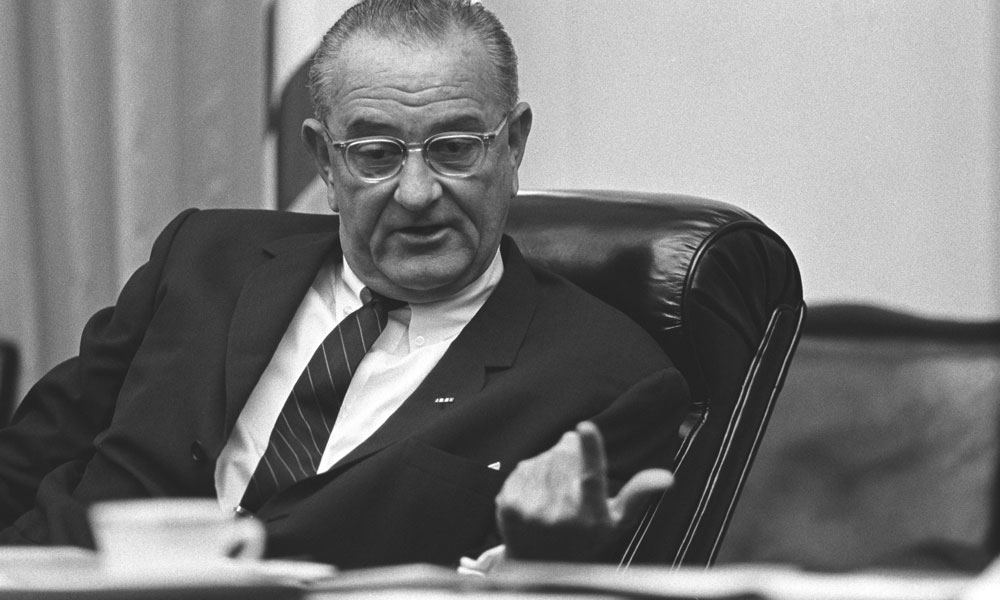
GOP Calls for Repeal of Ban on 501(c)(3) Politicking
Congressional Republicans and GOP Presidential Nominee Donald Trump are calling for an end to a decades-old law prohibiting 501(c)(3) groups from intervening in political campaigns.
Under a 1954 law known as the “Johnson Amendment,” tax-exempt organizations, such as churches, charities, and educational institutions, are prohibited from endorsing or opposing political candidates. The IRS has created a “facts and circumstances” test for determining what constitutes political intervention, excluding traditionally nonpartisan activities, such as voter registration and get-out-the-vote drives.
Lyndon B. Johnson, then a senator, proposed the amendment, and according to The Atlantic: “At the time when the measure was passed, McCarthyism was at its peak, and Johnson feared that right-wing groups, parading as charities, would attack his reelection campaign.”
Opponents of the law say it restricts the First Amendment rights of pastors and others to openly espouse their political views.
The GOP party platform released before the Republican Convention in Cleveland last month says, “Republicans believe the federal government, specifically the IRS, is constitutionally prohibited from policing or censoring speech based on religious convictions or beliefs, and therefore we urge the repeal of the Johnson Amendment.”
The call to repeal the Johnson Amendment prompted a recent editorial from the Washington Post pointing out that the law is enforced “discreetly” at best, but that it serves a purpose.
“If the Johnson Amendment were repealed, pastors would be able to endorse candidates from the pulpit, which they’re currently not allowed to do by law,” the Atlantic points out. “But it’s also true that a lot more money could possibly flow into politics via donations to churches and other religious organizations.”
“The best argument for the law’s constitutionality is that churches (and other nonprofits) themselves willingly accept its constraints in return for a very lucrative benefit: exemption from taxation,” the editorial board at the Post wrote. “Those religious organizations committed to a form of witness that requires political activism are free to pursue it entirely on their own dimes.”
Former president Lyndon B. Johnson, the namesake of the Johnson Amendment, which is currently the subject of debate. (Wikimedia commons)






Comments